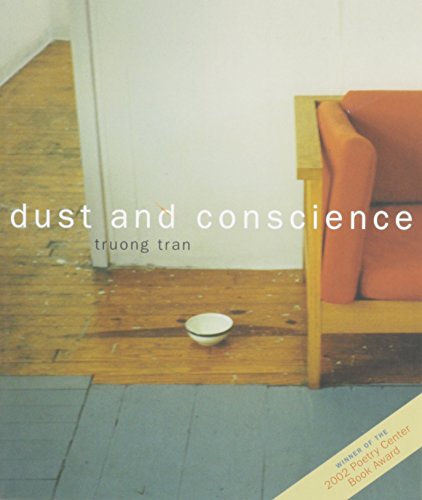It starts out just like any other workday. You board the bus in Seattle’s Belltown neighborhood, pay your fare, find a seat that isn’t too gross to sit in. The usual morning crowd is there: the Ass-Starer, Newspaper-Guy, and Napping-Woman. Everything’s fine until the pistol-packing driver takes an extended detour and forces you off the bus at a place called Out of Service.
At first glance, James R. Gapinski’s Edge of the Known Bus Line reads like a post-apocalyptic novella. In Out of Service, basic amenities like shelter, water, and food are hard to come by, and people live in shacks wearing clothes made of garbage. But like the tent cities where Seattle’s homeless eke out a living, Out of Service isn’t the result of some distant future catastrophe. It’s happening right now, in a weird alternate reality that’s easy to get sucked into and near impossible to get out of.
As it turns out, the edge of the known bus line is eerily familiar. The people in Out of Service live in a community of warring factions, with leaders who dose their followers with psychoactive spider venom and preach of buses to come that will whisk them away to orgies, bratwurst, and beer. People give up hope as quickly as they end up here. If you dare to plan your escape, you’ll be the one labeled crazy, like the unnamed protagonist who knows that “giving things names is dangerous business.”
Out of Service is a place for forgetting, but getting out requires remembering how things used to be. The protagonist puts her butchering skills to work carving up rats and human limbs, teaches a kid to play Go Fish with old credit cards, and fights with a claw hammer for a bottle of Purell. Her stubborn refusal to become like the rest of the townies puts her life in danger, but it’s also the only thing keeping her hope alive.
“…maybe I can spot something in the darkness, some vestige of a different destination that I can use to my advantage.
….I will do whatever is necessary to leave.”
It’s the protagonist’s steely determination to fight her way out of her circumstances that makes Edge of the Known Bus Line compelling, fierce, and ultimately human. Meanwhile, if you find yourself stuck in a place like Out of Service, it’s good to remember that “you can kill just about anything with a stiletto.”
James R. Gapinski’s novella, Edge of the Known Bus Line, is available from Etchings Press.
His collection of linked flashes, Messiah Tortoise, is available from Red Bird Chapbooks. His fiction has also appeared in The Collapsar, F(r)iction, Juked, Monkeybicycle, Paper Darts, Psychopomp, and elsewhere. He’s managing editor of The Conium Review and an instructional specialist at Chemeketa Community College. James earned his MFA in fiction from Goddard College and his MA in postmodern literature from Prescott College. He lives with his partner in Portland, Oregon.

